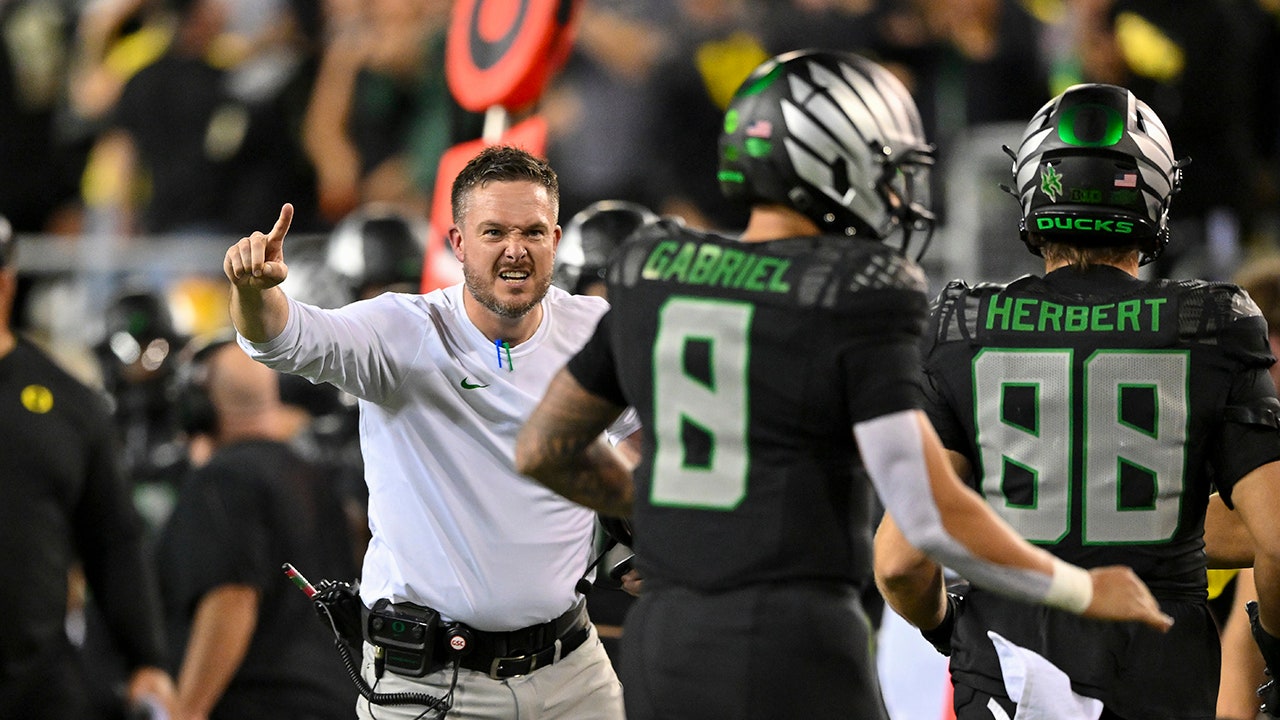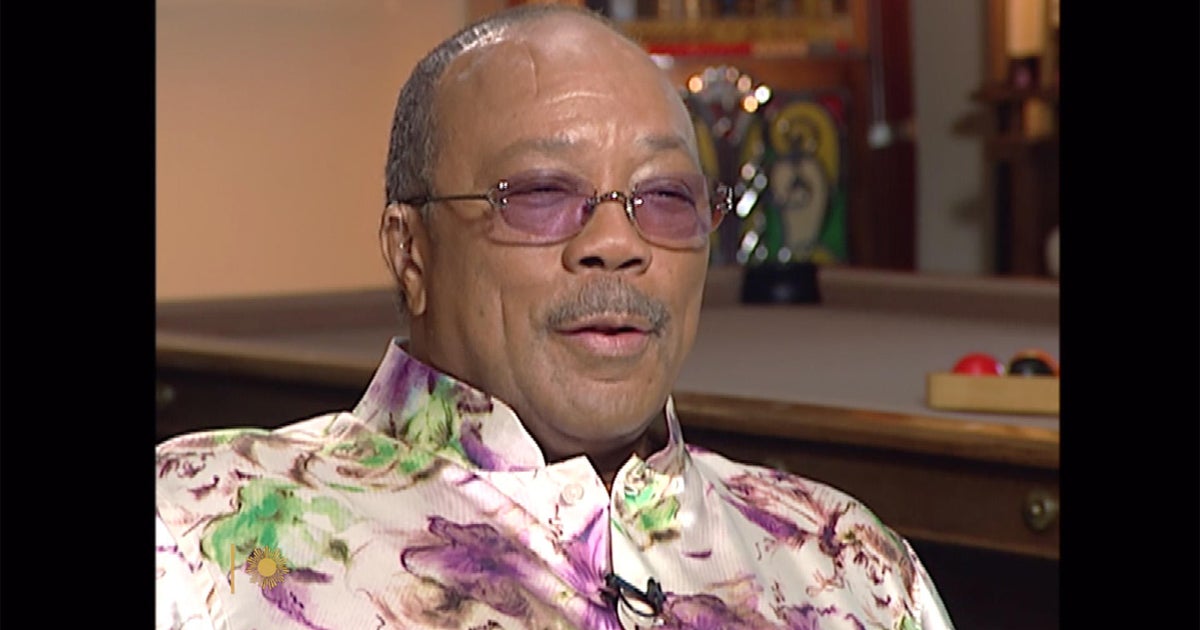Of all the fine casting choices this season, Jon Hamm may be the savviest, because memories of “Mad Men” have us trusting in his relative infallibility on the job, even if his Don Draper proves dramatically less certain off the clock. Hamm is such a magnetic cult of personality that comedies like “30 Rock” and the underrated “Confess, Fletch” have made a point of turning him into a grinning buffoon. “Fargo” has done likewise, but much more gradually, as Roy’s biblical authority over Stark County has loosened along with his grip over his emotions. His plea to his patriots, “After they murder me, they’re coming for you next,” has the ring of Trumpian victimization to it. And they will dutifully follow him off the cliff.
Roy’s desperation raises the stakes for a thrilling penultimate episode that finds Dot scrambling for safety on the ranch, having seen where he buries the bodies. She can’t have anticipated being in the crossfire between the feds and a militia stocked with heavily armed weekend warriors, but she knows enough about Roy’s state of mind to see where things might be headed. When she works her way back into the house, which is full of little trap doors and hidden passageways that she knows enough to exploit, she gets a call in to Wayne before Karen puts a rifle on her.
Given how much the season has been about adversarial women finding common cause, it’s a relief that Dot’s attempt to bond with Karen fails. The show has already gone perhaps too far in softening up Lorraine, and it risks flattening the female characters if they’re all of a similar mindset. The threat that Dot represents to Karen, who rages about how the bedroom hasn’t changed since she left (“We sleep in your filth”), suggests that Roy is bored by his current wife’s compliance. That’s why he needs her to role-play in bed.
As Dot finds herself the bleakest possible hiding spot while Witt Farr and a band of agents strike out to locate her, poor Gator comes stumbling back into the picture, led along by Ole Munch, who enacts his own version of biblical justice for when Gator killed his host-of-sorts and made off with his money. Roy knows right away that his son has made a grave mistake, but shows only disappointment when Munch drags Gator back to the ranch by his neck, having carved out his eyes with a hot knife. With no mother or mother-figure left in his life, Gator had opted to please his father, and his reward is to be abandoned in the fog, unable to summon any sympathy from a hard, narrow, narcissistic idol. His childlike pleas for “daddy” are carried off into the mist.
Munch does show mercy to the woman who mangled his ear, however. With Roy’s men closing in on the “grave” where she imagines no one will find her, Munch does his part to liberate her by taking them out and lifting her to freedom. “To fight a tiger in a cage is not a fair fight,” he tells her. His beef with Roy appears to be settled. Or maybe he just respects her agency. And prowess.















































